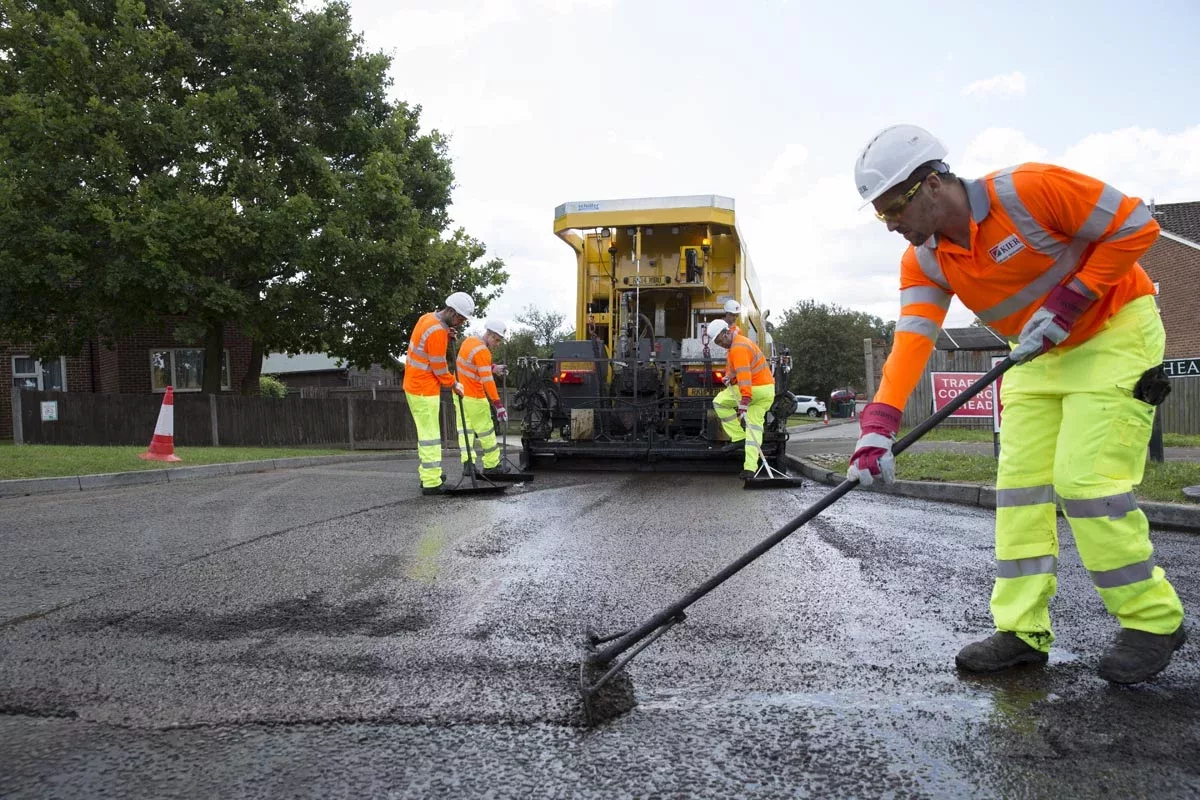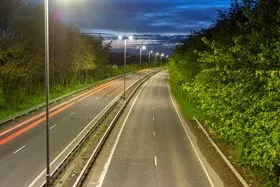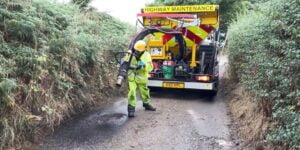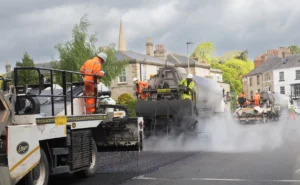Significant savings could be made on costs, resources and carbon by filling in fewer potholes in the future, if more highway authorities adopt a whole lifecycle approach that incorporates the use of surface treatments.
This is the advice of Paul Boss, Chief Executive of the Road Surface Treatments Association (RSTA). He was commenting on National Pothole Day as a RAC report which said that in 2023 RAC patrols attended 30,000 pothole-related breakdowns, which was up by 33% on 2022.
Data from the fourth quarter of 2023, showed drivers called the RAC out to 5,153 breakdowns caused by potholes, the highest amount for any October to December period since 2017.
Local authorities are filling in potholes at a faster rate than ever but also statistics, from the RAC and other industry association’s such as the Asphalt Industry Alliance (AIA) and the Local Government Association (LGA), show that more are forming due to increases in extreme weather, lack of funding for maintenance but also from a reduction in regular use of treatments such as surface dressing over the last decade.
Mr Boss said: “We might not need a National Pothole Day in the future if local authorities can try and prioritise the undertaking of preventative treatments in future years to keep their roads in good condition as well as ensuring they reach their maximum lifecycle before requiring replacement. Now is the right time to plan this in with the recent welcome news of additional funding over the next decade.”
“If this is implemented consistently across the country, there is a massive opportunity to improve the state of our local roads and stop potholes from forming in the first place,” he added. “This means we will be spending far less on filling in potholes in the future. Councils will also be making savings on time and resources as well as reducing carbon in the maintenance process. Surface treatments protect and preserve the network, keeping it in better condition for longer, as well being much more carbon efficient compared to other treatments used.”





















